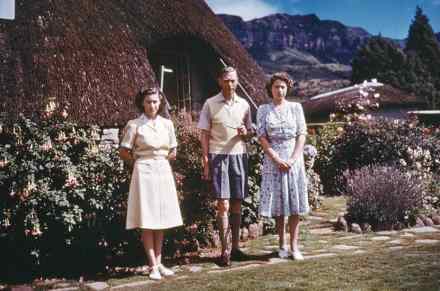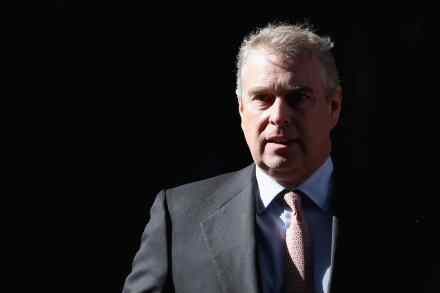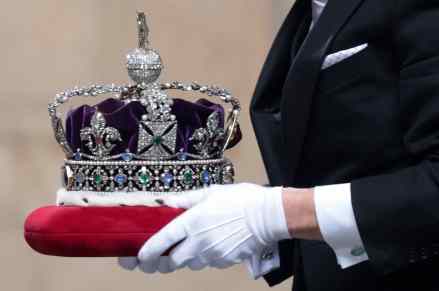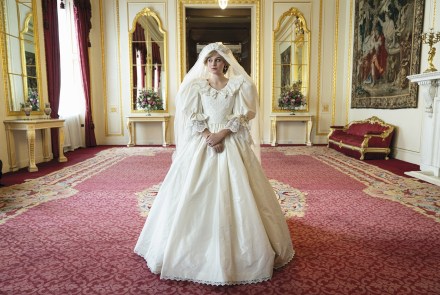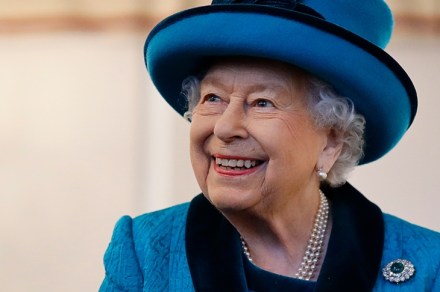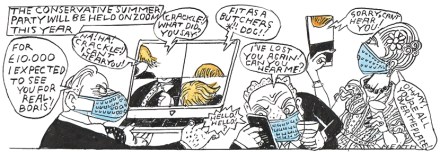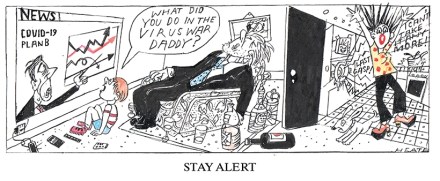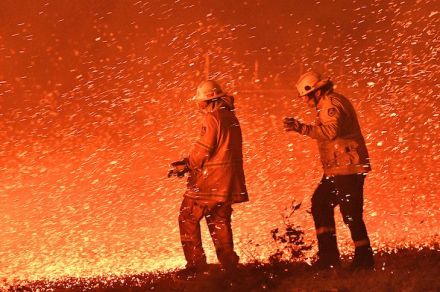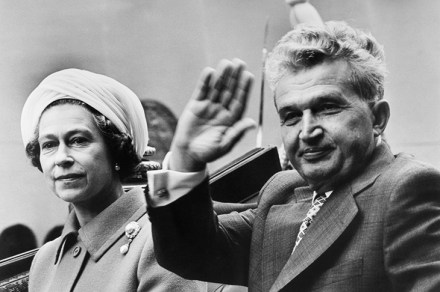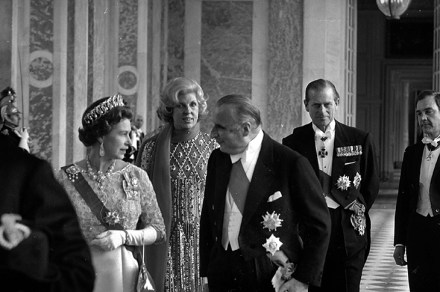70 years on: the making of Queen Elizabeth II
Princess Elizabeth was 25 when her father died. She was on the first leg of a Commonwealth tour and she spent the night of 5 February 1952 at Treetops Hotel, set in the branches of a large fig tree in Aberdare National Park in Kenya. ‘For the first time in the history of the world,’ wrote the British naturalist Jim Corbett, who was a guest at the hotel at the same time, ‘a young girl climbed into a tree one day a princess and, after having what she described as her most thrilling experience, she climbed down from the tree next day a Queen.’ As interest in Queen Elizabeth II
